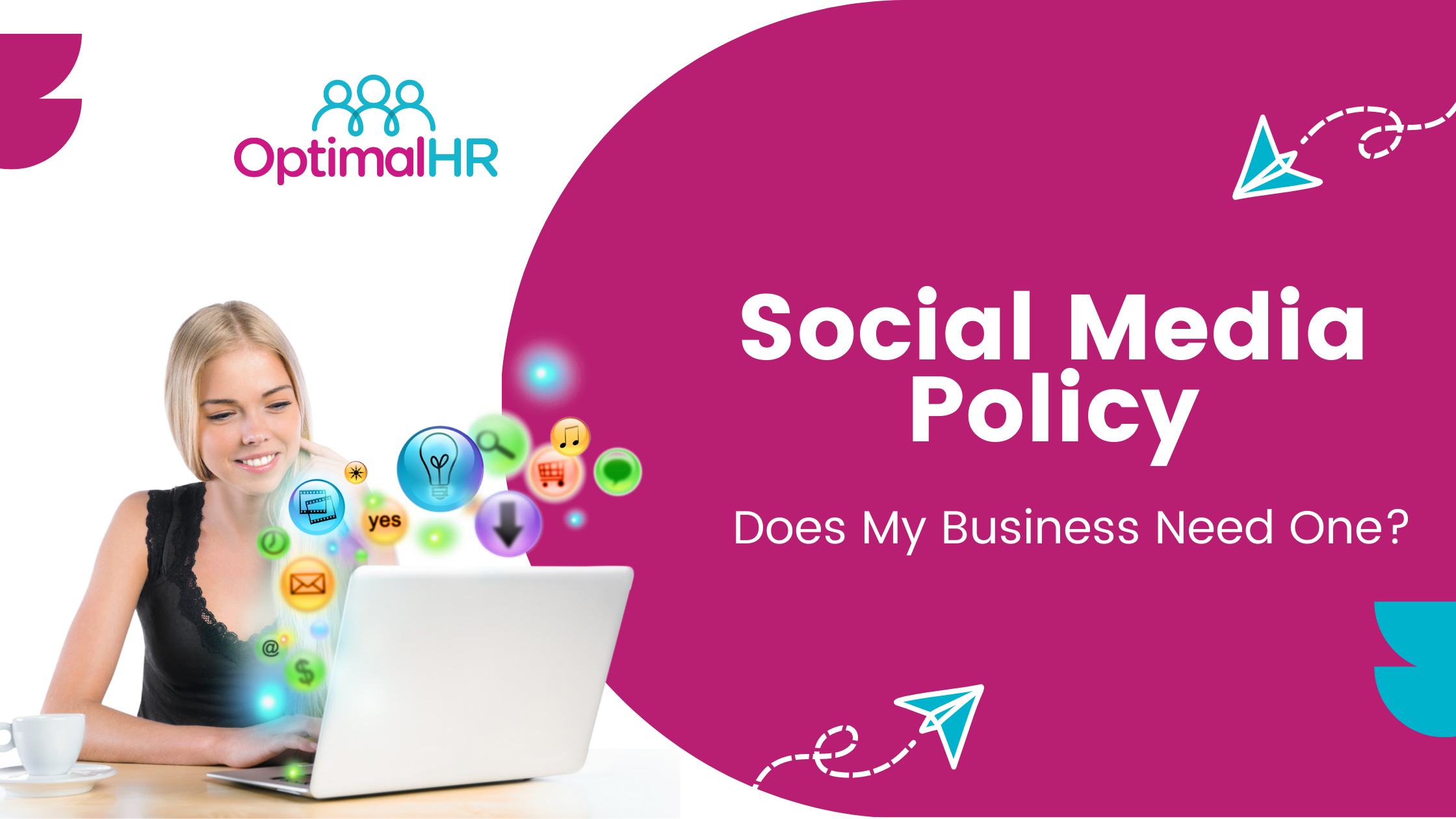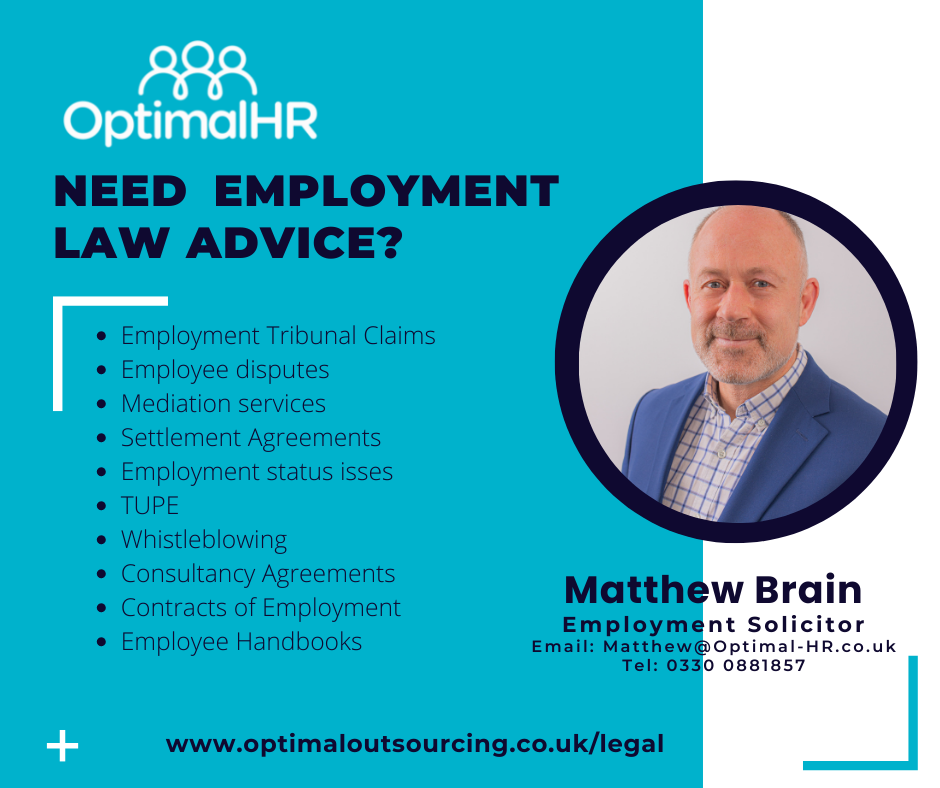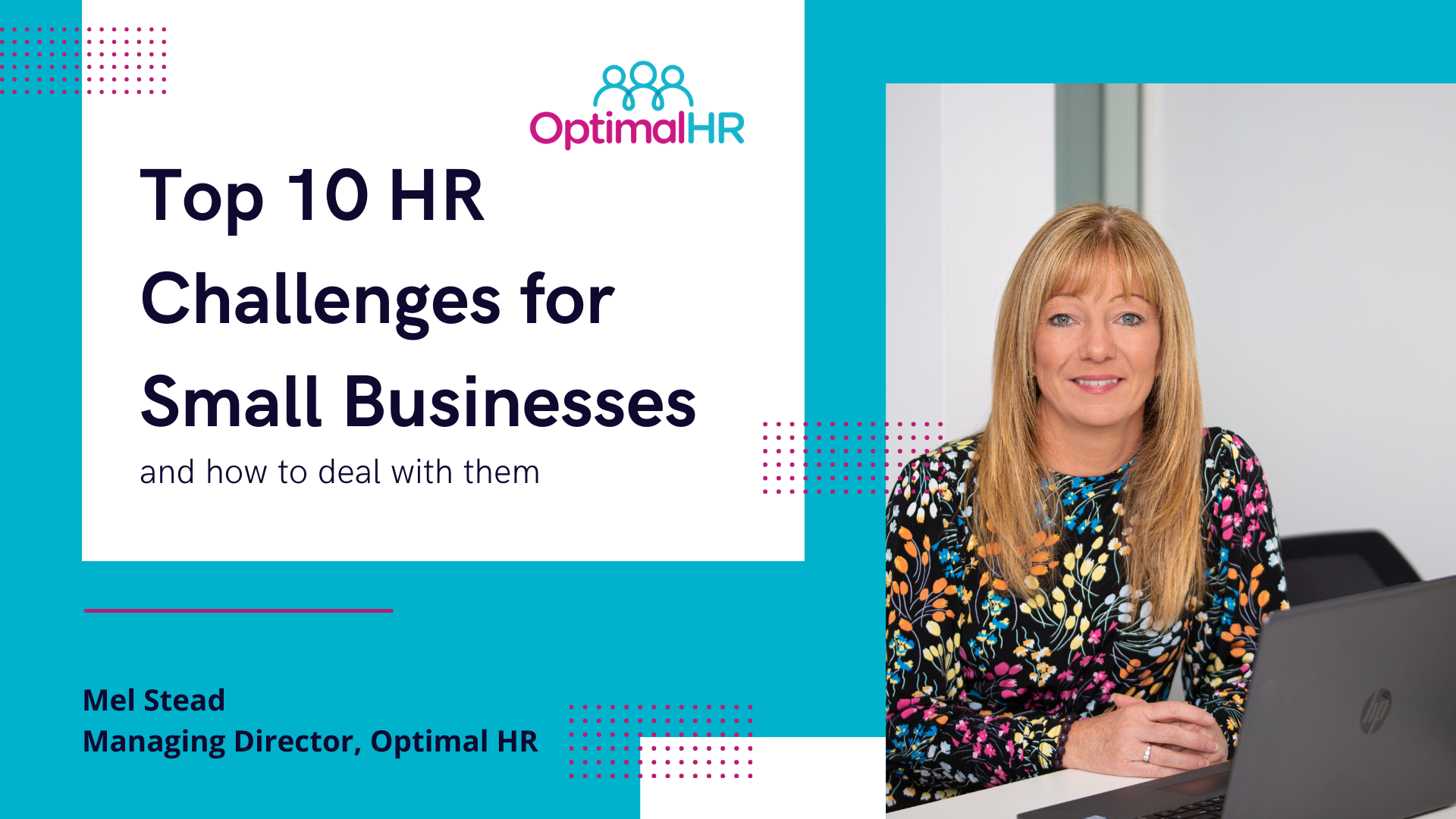What a rough old time it’s been for hospitality in the UK. Unarguably, the sector that’s been hit the hardest by the coronavirus pandemic, with restrictions making it either impossible or extremely difficult to trade at times. And while it appears we’re currently out of the woods, hospitality managers would say we’re a far cry from where we were before March 2020 when the bells rang and the doors closed to commence lockdown v1.
Since then, many pubs and restaurants have failed in full to recover while others are all but ‘surviving’, dipping in and out of lockdowns and opening any time they’re permitted just to keep the lights on. It’s been far from plain sailing for some and a complete catastrophe for others.
And then, just when we start to think we’re on the better side of things again, with restrictions lifting this year and almost a feeling of ‘normal’ returning, the sector faces its latest crisis. A shortage of staff.
What is happening to hospitality?
One thing the pandemic has done for many people across all walks of life is causing them to rethink. It’s by no means limited to hospitality, with other sectors also reporting a shortage in people currently applying for roles. However, it seems hospitality is again the one being smashed sideways with masses of jobs available and yet no one queueing up to fill them.
People who have exited hospitality during the pandemic and taken on a new role might well feel nervous about switching back to their old one for fear of another lockdown. It is an understandable worry – one nobody can bring reassurance – and it will no doubt continue to cause caution among many.
So, what’s going on?
Repositioning the sector
The trouble with hospitality is its image. At least, that’s what many experts in the sector are now claiming, with people heading into hospitality roles doing so with a temporary fix in mind rather than a long-term career.
It’s a fair point when many roles are snapped up by students or young people on a part-time basis. Even the die-hards who work several shifts per week often see their job as ‘a means to an end’ as opposed to a permanent one.
It’s a situation some in the industry are ready to tackle head-on. Mark McCulloch, CEO of Hospitality Marketing Agency, Supersonic, and David MacDowall, COO of Brewdog, have launched a campaign to attract people back into hospitality roles and quickly. By targeting young people looking for their first job, and others already working who have transferable skills or are looking to retrain, they hope to bridge the people gap and help pubs and restaurants support the demands of their customers.
Making the sector hospitable
It’s no secret the sector has had a bad wrap over the years. The hours can be anything but hospitable – not to mention the pay rates – and it seems claims are circulating once again about the poor working conditions.
It’s fair enough when some are being asked to work back to back double-shifts, as recent murmurs in the press have suggested. No wonder workers feel exhausted and robbed of their social lives (and all this while they’re typically so young). Others commenting have highlighted a ‘stay out all night’ mentality where they feel pressure to hang around and socialize with workmates after their shift ends, often well into the night.
It’s all about the work/life balance these days, a point that many restaurants and bars find a challenge due to their operating hours and the impact this has on their staff. Finding a midpoint here could be crucial in tempting people back behind the bar again, limiting the hours spent working each week so they remain manageable and sharing the twilight shifts fairly across the team.
Furlough
The introduction of the furlough scheme back in March 2020 brought some welcome financial support for the hospitality sector. As it now tries to reopen its doors and managers ask employees to return to work, many staff are requesting to remain on furlough. One reason is that staff are worried about being forced into isolating when team members or customers test positive, potentially impacting themselves and their family members. In addition, some staff are nervous about the chance of the hospitality sector closing again and feel reluctant to move away from a role taken while on furlough.
While it is up to the employer to decide when an employee should return, pressure from their staff to remain on furlough is not ideal and creates further problems for business owners. Do they push for good workers to return and risk losing them altogether, or do they agree to their extended absence?
Flexibility and wellbeing
Another growth area in our lives – even more so thanks to the pandemic – is wellbeing. People are looking for an employer who sympathises with today’s many life demands and if businesses in the hospitality sector are unable to show their mindful side it’s unlikely they’ll find candidates to fill their vacancies.
It’s where away days, team night’s out and birthday bonuses come into play. Even offering wellbeing benefits such as gym memberships or access to a massage can help. Increasing holiday entitlement can also incentivise staff as it assures them of more quality time with their families. Anything that says ‘we care’ will go a long way towards showing staff you have their interests at heart.
In need of some HR advice? Wherever you are in the UK, you can arrange a chat with one of our friendly professional HR advisors at any time.
Call us on 0330 0881857 or email enquiries@optimal-hr.co.uk
We’re also on Facebook, Twitter, Instagram and LinkedIn!











